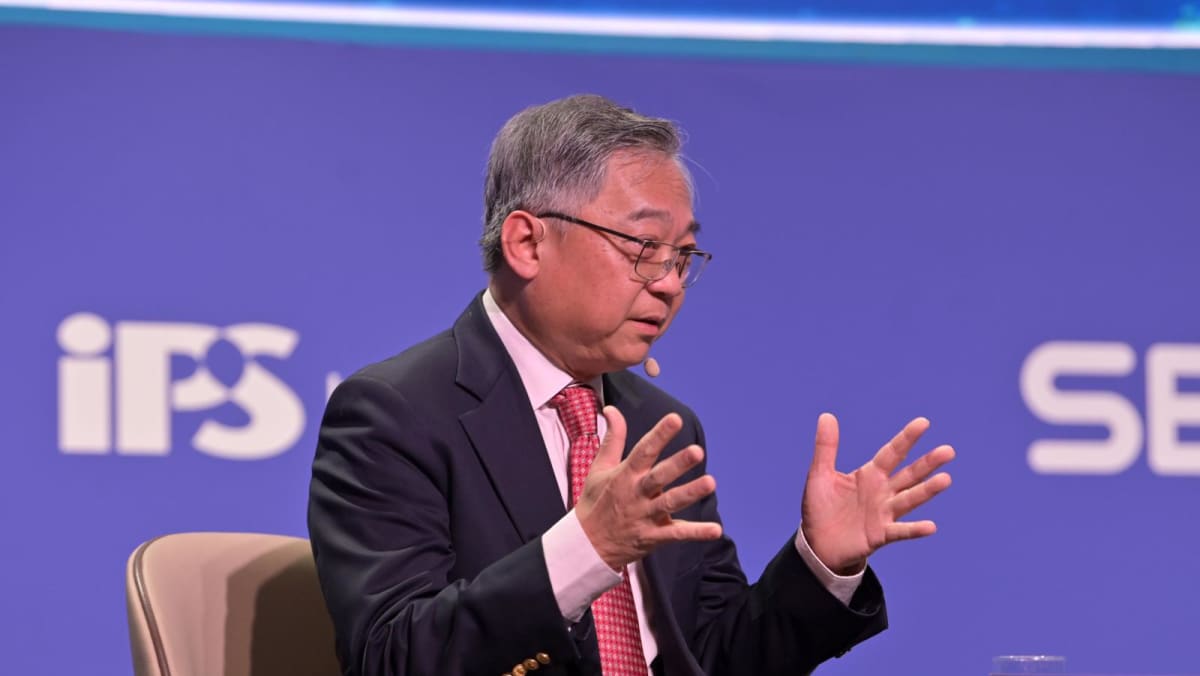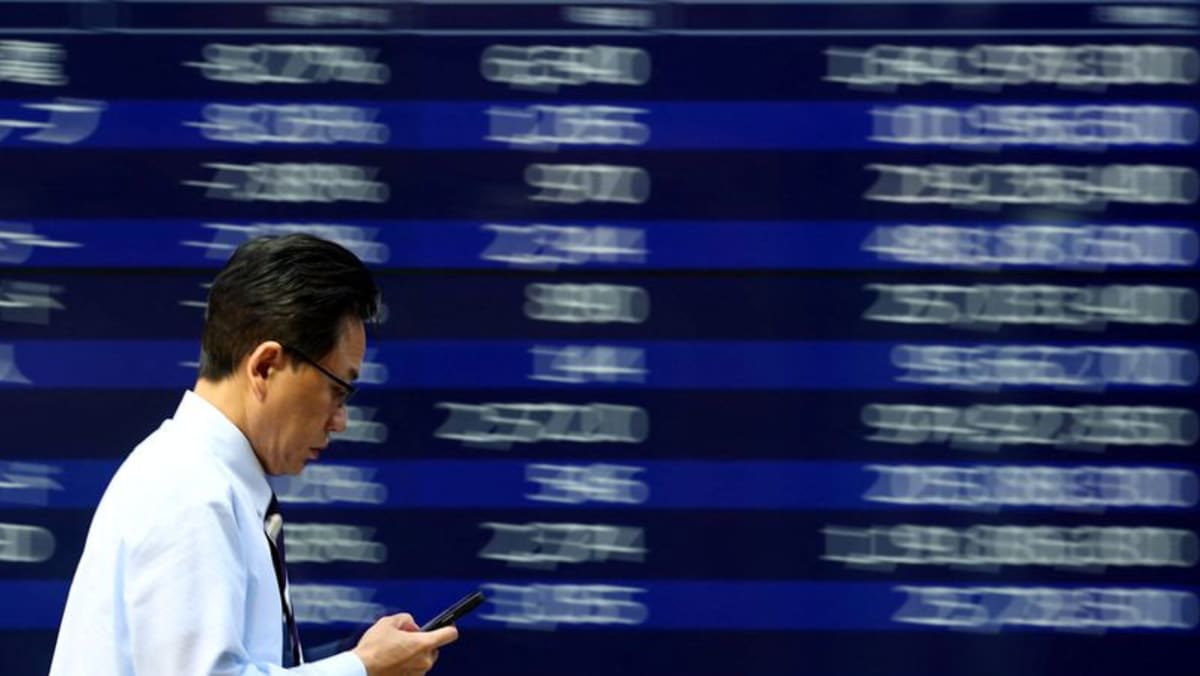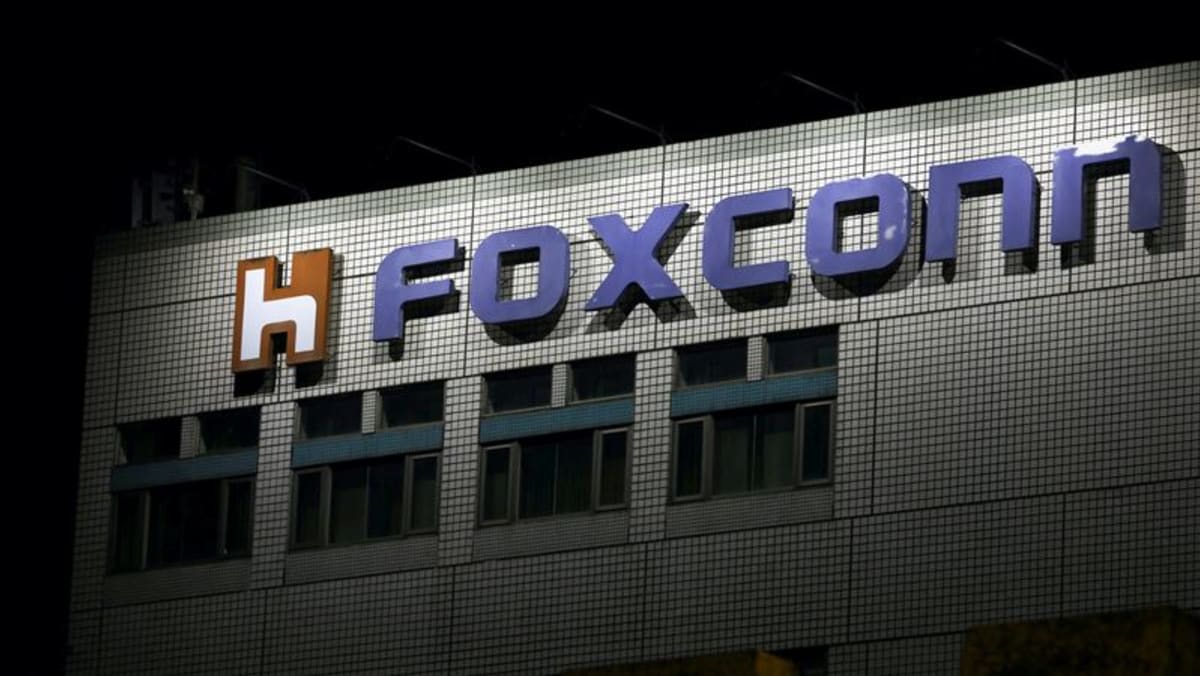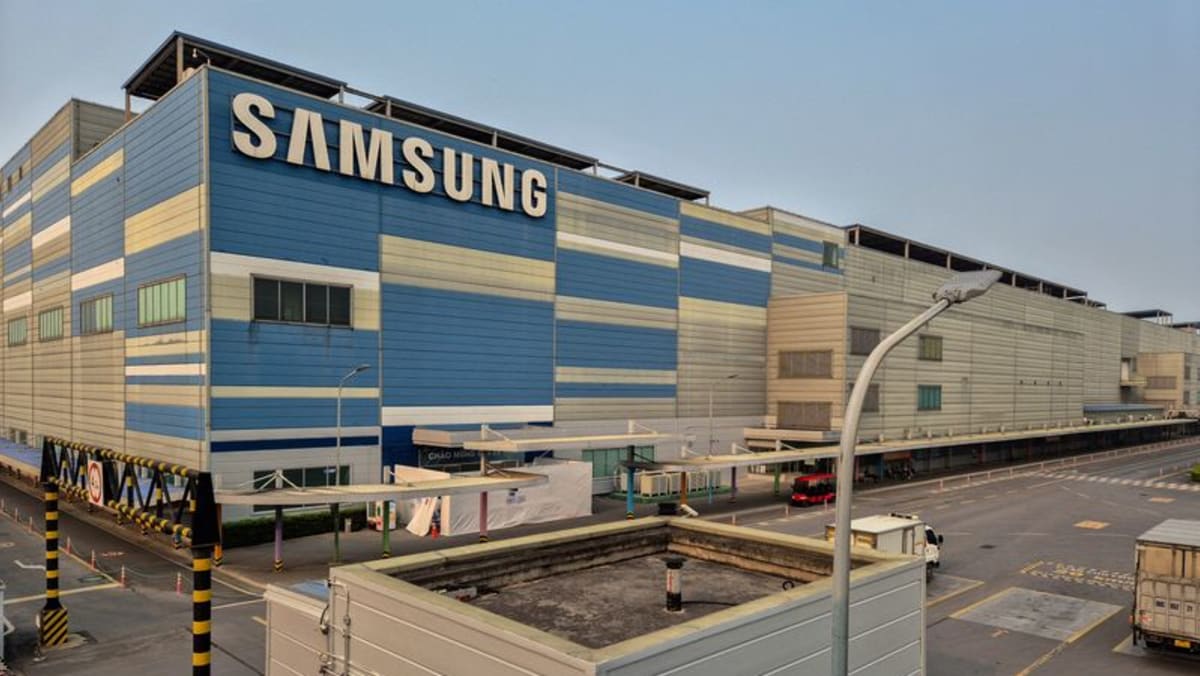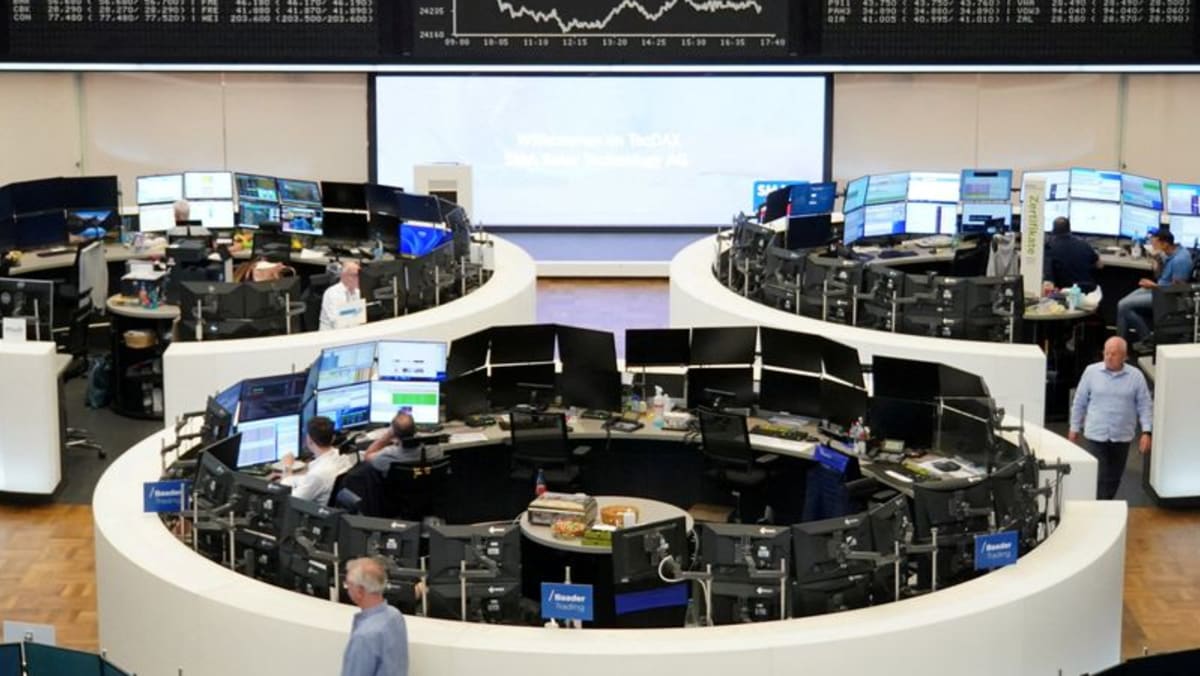SYDNEY :Asia shares eased on Tuesday while the euro nursed its losses as investors pondered the downside of the U.S.-EU trade deal and the reality that punishing tariffs were here to stay, with unwelcome implications for growth and inflation.
The initial relief over Europe’s 15 per cent levy quickly soured when set against the 1 per cent to 2 per cent that stood before President Donald Trump took office. Leaders in France and Germany lamented the outcome as a drag on growth, pulling down stocks and bond yields across the continent while slugging the single currency.
Trump also flagged a “world tariff” rate of 15 per cent to 20 per cent on all trading partners that were not negotiating a deal, among the highest rates since the Great Depression of the 1930s.
“While the worst case scenario was averted, the implied EU tariff increase from 1 per cent in January is a significant tax increase on EU exports,” wrote economists from JPMorgan in a note.
“This is a very big shock that unwinds a century of U.S. leadership in global free trade,” they warned. “While we no longer see a U.S. recession as our baseline from this shock, the risk is still elevated at 40 per cent.”
A further risk to world growth came from a sudden spike in oil prices after Trump threatened a new deadline of 10 or 12 days for Russia to make progress toward ending the war in Ukraine or face tougher sanctions on oil exports.
Brent edged up 0.1 per cent to $70.10 a barrel, having climbed 2.3 per cent on Monday, while U.S. crude held at $66.73.
The air of caution saw MSCI’s broadest index of Asia-Pacific shares outside Japan slip 0.7 per cent. Japan’s Nikkei eased 0.8 per cent, while Chinese blue chips fell 0.1 per cent.
European shares steadied after Monday’s sell-off. EUROSTOXX 50 futures edged up 0.2 per cent, while FTSE futures and DAX futures both added 0.1 per cent.
The euro was flat at $1.1592, after falling 1.3 per cent overnight in the largest drop since mid-May. It now has chart support at $1.1556.
The dollar index was up at 98.674, after the rush out of short dollar positions lifted it 1 per cent overnight, while it touched a one-week high on the yen at 148.63.
Wall Street held firm on hopes for upbeat results from mega caps this week that include Apple, Microsoft and Amazon.
S&P 500 futures nudged up 0.1 per cent, while Nasdaq futures added 0.2 per cent.
Yields on 10-year Treasuries held at 4.408 per cent having crept higher on Monday as markets braced for another steady decision on interest rates from the Federal Reserve.
Futures imply a 97 per cent chance the Fed will keep rates at 4.25 per cent-4.5 per cent at its meeting on Wednesday and reiterate concerns that tariffs will push inflation higher in the short term.
Analysts also assume one, or maybe two, Fed officials will dissent in favour of a cut and supporting wagers for a move in September.
The odds could change depending on a slew of U.S. data this week including gross domestic product for the second quarter where growth is seen rebounding to an annualised 2.4 per cent, after a 0.5 per cent contraction in the first quarter.
Figures on job openings are due later on Tuesday that will help refine forecasts for the crucial payrolls report on Friday.
Canada’s central bank also meets on Wednesday and again is widely expected to hold rates at 2.75 per cent as it waits to see how trade talks with the U.S. wash out.
In commodity markets, prices for copper and iron ore were under pressure while gold idled at $3,316 an ounce.
(Editing by Jacqueline Wong)
